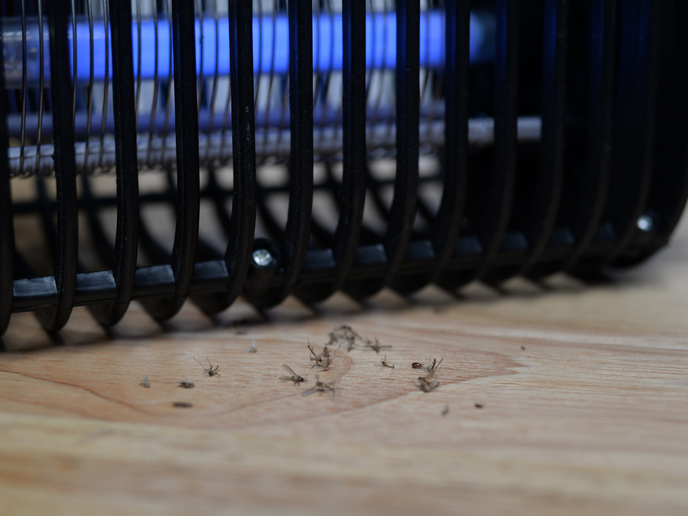Should we eradicate mosquitoes?
“If you think about rats, it’s always good to eradicate them on islands where they have been introduced,” says Jérémy Bouyer, research director at the French agricultural research and international cooperation organisation (CIRAD). “Frankly, Aedes albopictus and Aedes aegypti, you can consider them as flying rats.” Mosquitoes are vectors of diseases such as malaria and yellow fever, responsible for the deaths of millions of humans. They thrive in areas with stagnant water, from marshlands to water caught in plastic rubbish, drinks cans and old tyres. “If you eradicate something that you just introduced, you are, in fact, going back to the equilibrium situation,” explains Bouyer. “When the species is endemic though, then you must ask yourself if it’s wise to eradicate it or not.” Every organism in an ecosystem has a specific role to play, and removing it can have knock-on effects through the food web: one animal’s predator is usually another’s prey. The disappearance of one species can weaken an overall ecosystem and even lead it to collapse. For mosquitoes, this doesn’t seem to be too much of a concern, as their predators – birds, spiders and dragonflies – are generalists that eat other insects too. But mosquitoes are more than just food. Take Anopheles gambiae, a vector of malaria in Africa. The larvae of this native species host and eat bacteria that are thought to be important for the soil in swamps, so removing them could have unforeseen consequences for the microbiome. For many mosquitoes, there could be unknown roles we don’t even know about yet.
Dropping mosquitoes from the sky
With the arrival of new technologies, the question of whether we should eradicate mosquitoes is not just academic. They include releasing sterile male mosquitoes raised in farms to prevent females reproducing, and artificial gene drives which spread male sterility quickly through a population. In the MOSQUAREL project, which was supported by the European Research Council, Bouyer and his team developed drones able to drop sterilised insects from the sky. This makes sterile release programmes far more efficient compared to the current method of releasing mosquitoes from open cages on the back of road vehicles.
Ethical dilemmas
Gene drives have been tested in the lab but not yet in the field. In part, this is due to concerns that the edited genes could spread to similar species of mosquito. All new technologies tend to generate some level of concern, remarks Bouyer: “Everyone is worried because it’s new.” Scientists and the public will continue to debate the ethics and practicalities of removing the most problematic mosquito species for good. Yet the alternative – our widespread use of damaging insecticides – should be considered, says Bouyer, as these often kill many other species and sometimes not even the target. “In the Paris region, we have reduced the biodiversity of butterflies by 90 %,” he notes, “and we did not intend to do it.” Find out more about Bouyer’s research: Using drones to help spread sterile mosquitoes



